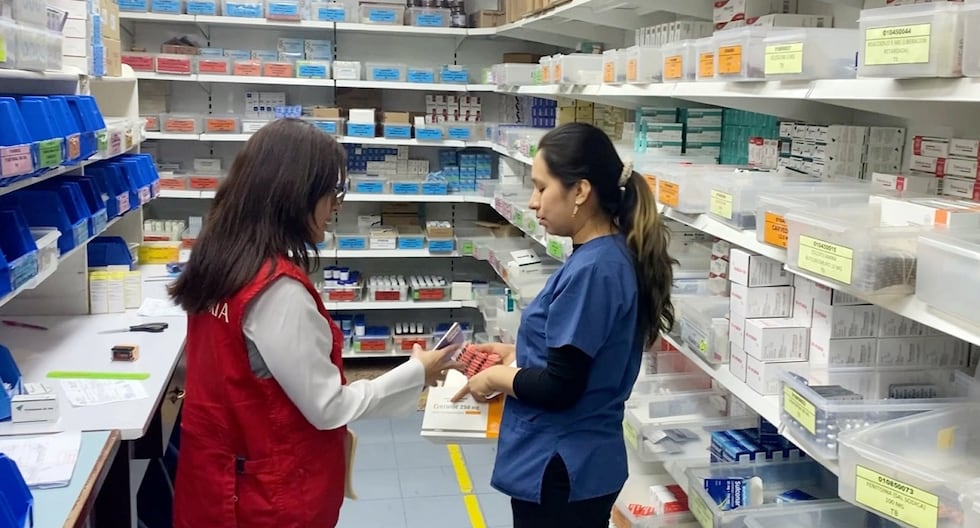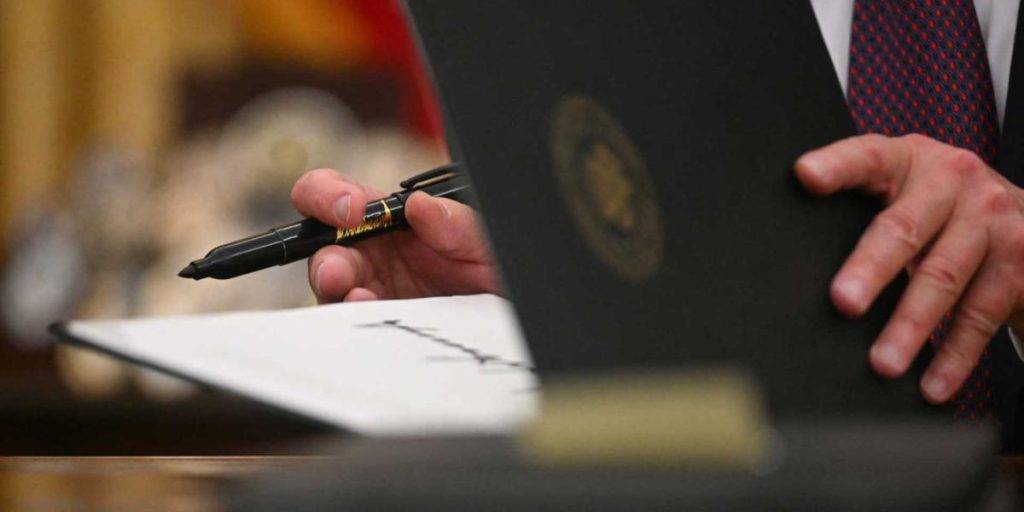The Comptroller’s Office evidenced inadequate management in the availability and supply of medications in 26 of the 27 EsSalud hospitals and medical centers supervised in 14 regions of the country, which puts at risk the timely treatment of patients who go to said establishments. However, EsSalud ensures that the continuous supply of medicines is guaranteed.
The Comptroller’s Office reported that it was evident that 85% of the pharmacies of the supervised health establishments (23 of 27), There were shortages of some medicines; that is, they were not available. In turn, 78% (21 of 27) had a stock of drugs of less than two months of average monthly consumption, which generates the risk of not being able to cover the demand of the insured.
The EsSalud hospitals that presented this situation were the Edgardo Rebagliati Martins Hospital in Lima, where, for example, a shortage of essential and vital medicines was found to treat diseases such as HIV, cancer and management of specialties of psychiatry, pediatrics, anesthesiology, transplantation, among others.
Also, the Hospital III Yanahuara and Carlos Alberto Seguín of Arequipa, the High Complexity Hospital Virgen de la Puerta and Víctor Lazarte Echegaray of La Libertad, the Daniel Alcides Carrión Hospital of Tacna, among others. Only the Metropolitan Primary Care Center (CAP) III of Tacna did not register such deficiencies.
The control commissions also identified that 85% of the pharmacies of the Social Security hospitals and medical centers visited (23 of 27) had a stock of some medications greater than six months to cover the needs of the population and, therefore, They could expire, causing economic damage to the State.
In this situation they found the Edgardo Rebagliati Martins Hospital in Lima, the Carlos Tuppia García Godos Hospital and the CAP III Metropolitano in Ayacucho, the Almanzor Aguinaga and Luis Enrique Heysen hospitals in Lambayeque, as well as the II hospitals of Huaraz and III of Chimbote in Áncash and the Ramiro Prialé hospitals and Alberto Hurtado Abadía in La OroyaJunín, among others.
It should be noted that this situation occurs despite the fact that there isDirective No. 017-GG-ESSALUD-2010, which states that when the supply of goods over three months is identified, Actions should be taken to redistribute to other medical centers and stop purchase orders.
Situation in healthcare network warehouses
During the supervision carried out by the Comptroller’s Office, 13 central warehouses of the Social Security Health care networks in Cajamarca, Áncash, Lima, Lambayeque, San Martín, Puno and Junín were also inspected, noting that 10 of them presented supply of some medicines, medical supplies and health products with a stock greater than 6 months to meet the needs of the population. These medicines valued at S/ 36,626,726 could expire, causing economic damage to the State.
Five warehouses corresponding to the Cajamarca Network, Almenara, Rebagliati, Sabogal and Arequipa have medications that are close to expiring, Because regardless of its average monthly consumption, the expiration date is short, so there is a high risk of generating economic damage of S/ 1,783,110.
The control commissions also showed that the warehouses of the healthcare networks of the Edgardo Rebagliati and Alberto Sabogal hospitals in Lima, as well as the Puno Healthcare Network, had shortages of some medications.
The results of the 41 control reports were notified to the head of EsSalud so that corrective actions can be adopted to ensure that patients’ demand for medicines is met.
EsSalud statement
In this regard, EsSalud issued a statement, in which, although it recognizes the supervisory role of the Comptroller’s Office, it expressed its concern because of how the situation is presented, suggesting that the report could cause unnecessary alarm among policyholders, which could affect confidence in health services.
EsSalud assured that the continuous supply of medicines throughout the country is guaranteed and that its processes are developed dynamically and permanently, complying with the State contracting law.
It is specified that, In the event of possible shortages, delays or voids in the supply processes, immediate strategies are applied, such as the redistribution of medicines between networks, advance deliveries and direct purchases, ensuring that the needs of policyholders are met without interruptions.
















